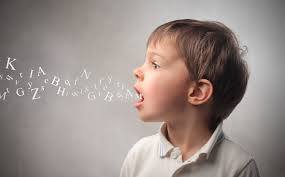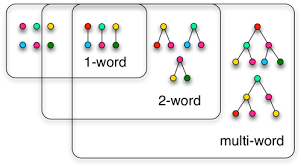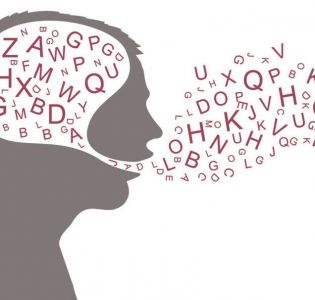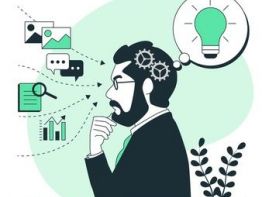The ability to learn a natural language distinguishes humans from other animals, and is normally engaged during the first decade of life during the critical period for language acquisition. The linguistic system that develops pervades everyday life, providing for an infinite linguistic capacity and for the essential creativity of language. The use of language is sensitive to a variety of social and contextual variables and can be analyzed at many different levels of description.

Language is a cognition that truly makes us human. Whereas other species do communicate with an innate ability to produce a limited number of meaningful vocalizations, or even with partially learned system, there is no other species known to date that can express infinite ideas (sentences) with a limited set of symbols (speech sounds and words).

This ability is remarkable in itself. What makes it even more remarkable is that researchers are finding evidence for mastery of this complex skill in increasingly younger children. Infants as young as 12 months are reported to have sensitivity to the grammar needed to understand causative sentences (who did what to whom; e.g. the bunny pushed the frog).
Rua’a Raed Sabri




